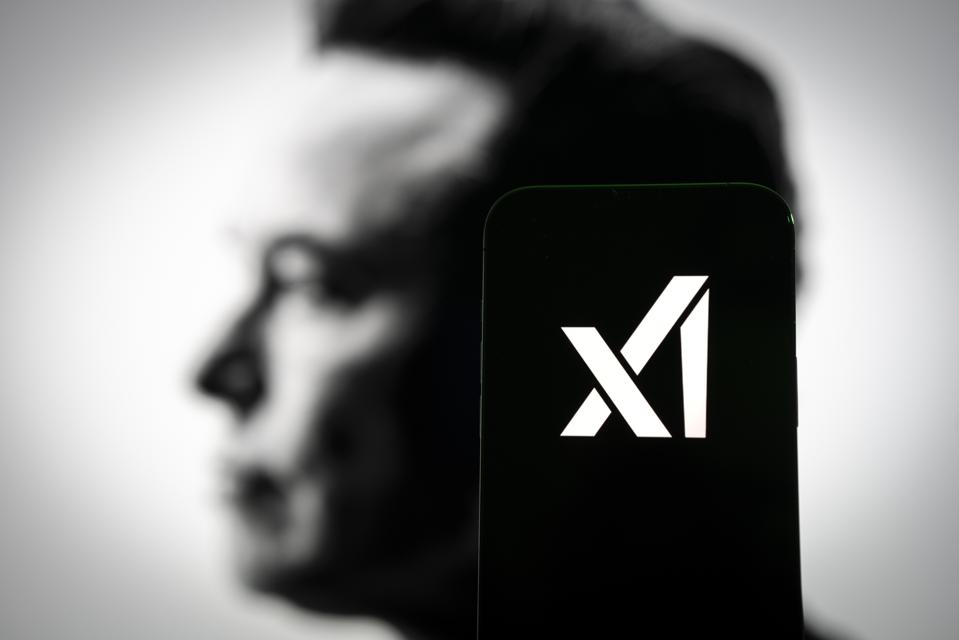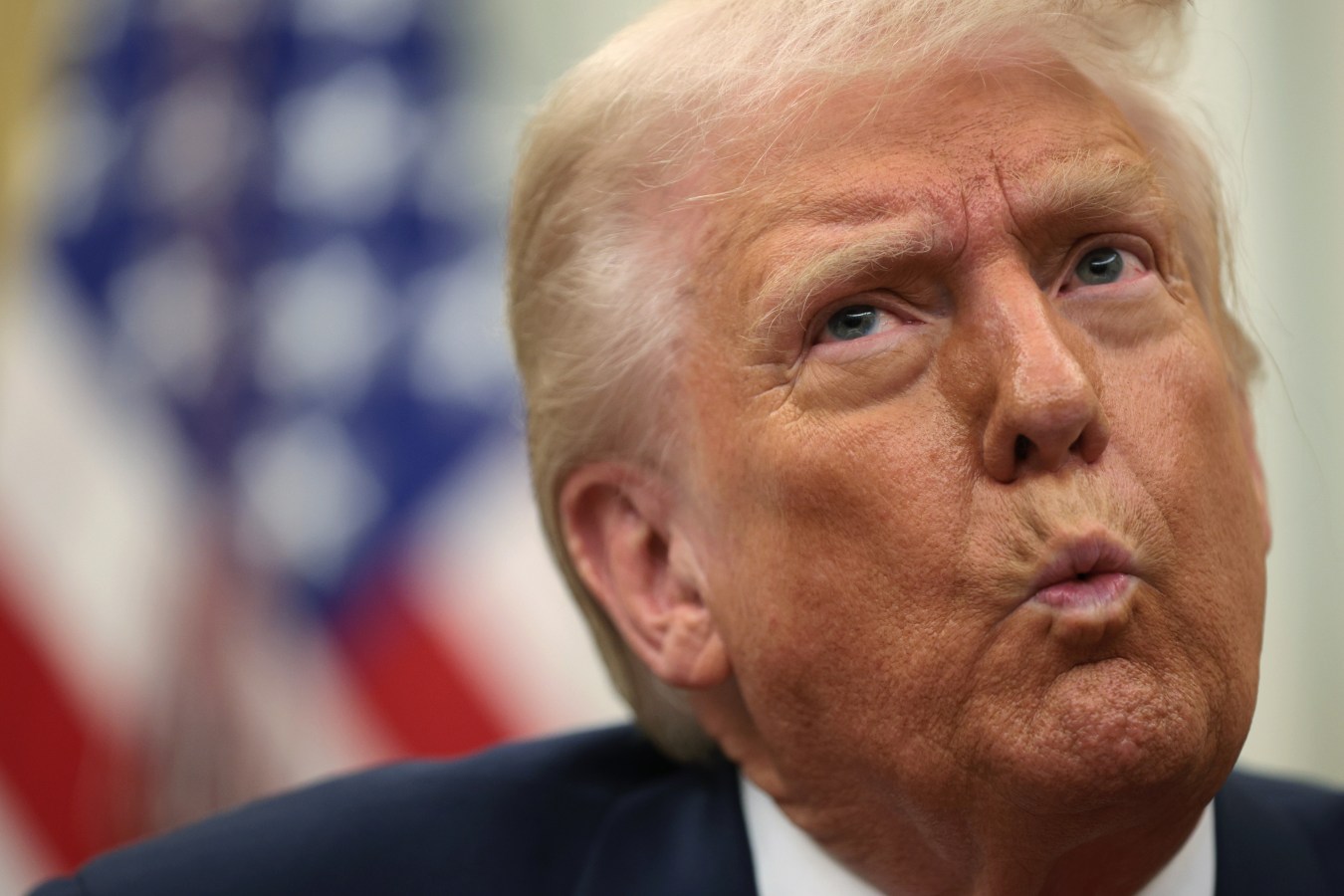Elon Musk’s artificial intelligence startup xAI disclosed Thursday it raised $6 billion in equity financing—the company’s latest step forward as it raises funding and expands its rapidly growing supercomputer site in hopes of cementing itself in a competitive artificial intelligence market.

Key Facts
- xAI recently raised nearly $6 billion in equity financing, according to a filing submitted to the Securities and Exchange Commission by xAI CFO Jared Birchall, who is also the CEO of the Musk-founded neurotechnology company Neuralink.
- A total of 97 investors contributed to the financing, though the filing did not specify who—previous investors included Andreessen Horowitz, Sequoia Capital, Fidelity and Saudi conglomerate holding company Kingdom Holding in xAI’s Series B funding round of $6 billion that ended in May.
- The equity financing comes not long after xAI raised more than $5 billion in a funding round that ended in November and valued the company at $50 billion, according to The Wall Street Journal, more than doubling the $24 billion valuation it posted in its Series B.
- The funding reported by the Journal will reportedly be used in part to buy 100,000 Nvidia chips used to train AI models, one of several ways xAI plans to beef up its operations as it takes on competitors like OpenAI, Google, Meta and Anthropic.
- xAI is still developing itself as a large player in the AI market, leaning on the computing power headquartered at its supercomputer site and recently telling investors it reached $100 million in revenue on an annualized basis—meanwhile, OpenAI expects $3.7 billion in annual sales this year.
- xAI’s $50 billion valuation rivals Anthropic as the startup reportedly seeks a $40 billion valuation—though OpenAI is positioned well beyond its competitors, boasting a $157 billion valuation amid record-setting weekly active users numbering 300 million.
What To Watch For
Musk, who has said he plans to double the size of his startup’s AI training cluster, also recently greenlit the addition of at least 1 million graphics processing units to xAI’s multibillion-dollar supercomputer in Memphis, Tennessee (the additional GPUs can be used to train AI models and scale up the supercomputer’s workload). The supercomputer will be crucial in further developing xAI’s main product, a chatbot known as Grok that is available to users on X, formerly known as Twitter. The AI tool will soon be available through its own standalone app similar to OpenAI’s ChatGPT, the Journal reported.
Chief Critics
The rapid construction and expansion of xAI’s supercomputer has drawn criticism from multiple members of the Memphis City Council and environmental activists. Councilmember Rhonda Logan told Forbes this summer the council needed more time to understand the impacts of the facility housing and powering the supercomputer, blasting what’s been criticized as a quiet decision-making process about the facility’s construction that allegedly left councilmembers out of important discussions. Councilmember Pearl Walker told Forbes her constituents were concerned about the supercomputer’s impact on their local energy supply and water. The Memphis Community Against Pollution said in a statement the city “must consider how an industry using such a tremendous amount of energy will further impact communities already overwhelmed with pollution and a high energy burden, such as those around the xAI facility in southwest Memphis.”
Forbes Valuation
We estimate Musk’s net worth at $354.2 billion, making him the world’s wealthiest person, ahead of Amazon founder Jeff Bezos ($240.8 billion) and Oracle co-founder Larry Ellison ($236.1 billion).
Big Number
122 days. That is how long it took to construct the xAI supercomputer in Memphis, according to booming chip designer Nvidia, which helped build the facility.
Key Background
xAI was established in 2023 by Musk, who was previously a co-founder and board member of OpenAI and would go on to position xAI as a direct competitor to the AI firm he helped create. Musk had disagreements with OpenAI about its for-profit structure and control of its board, though he has primarily cited conflicts of interest with Tesla’s AI work as his main reason for leaving. Although xAI showed up to the AI race a bit later than its contemporaries, the company has grown fast, taking advantage of being able to train its AI models with data from X and Tesla while also boasting serious AI training power driven by its “Colossus” supercomputer in Memphis. OpenAI CEO Sam Altman said during The New York Times DealBook Summit this week he assumes xAI will “be a really serious competitor,” lauding how quickly Musk’s company built its supercomputer.
This story was originally published on forbes.com and all figures are in USD.


